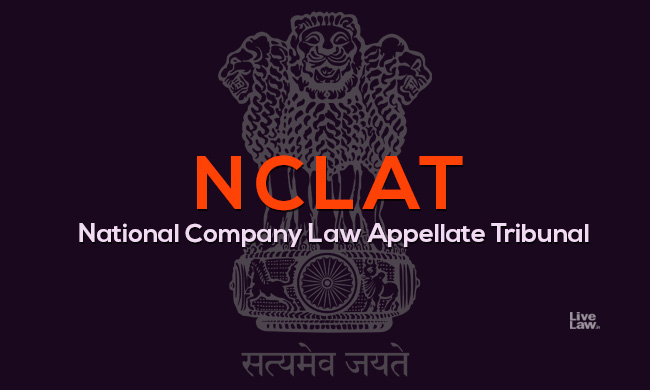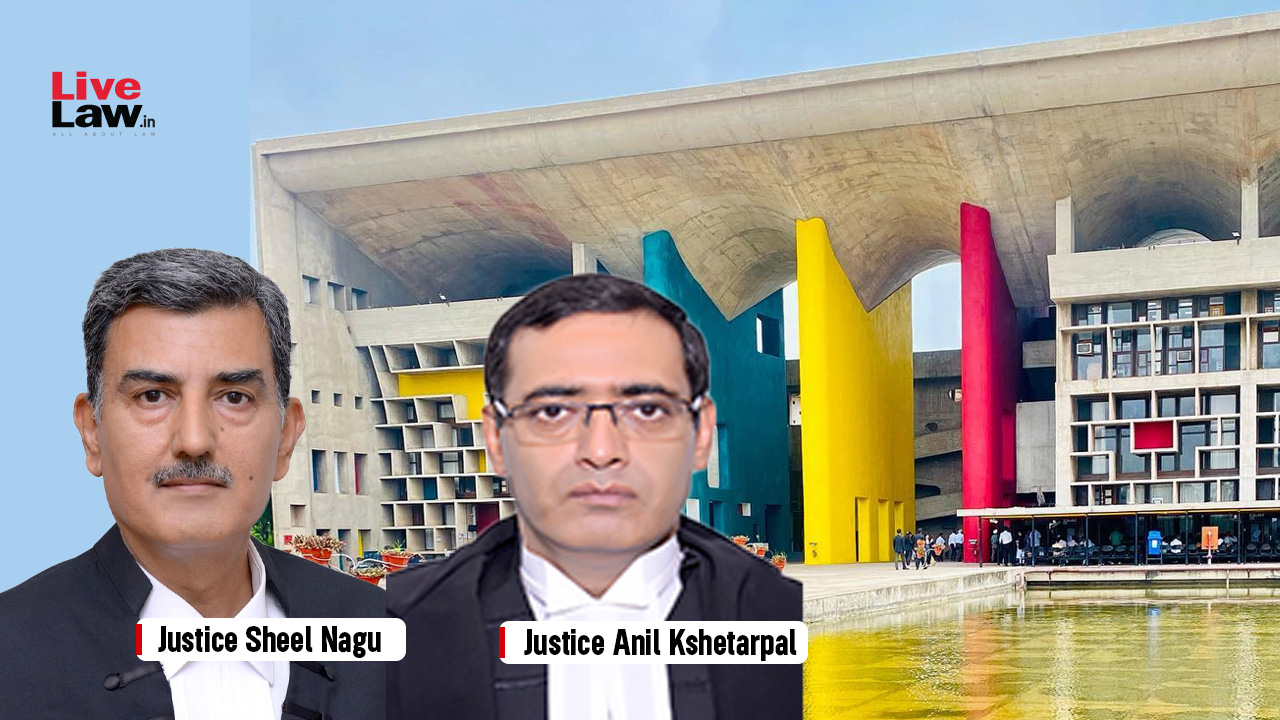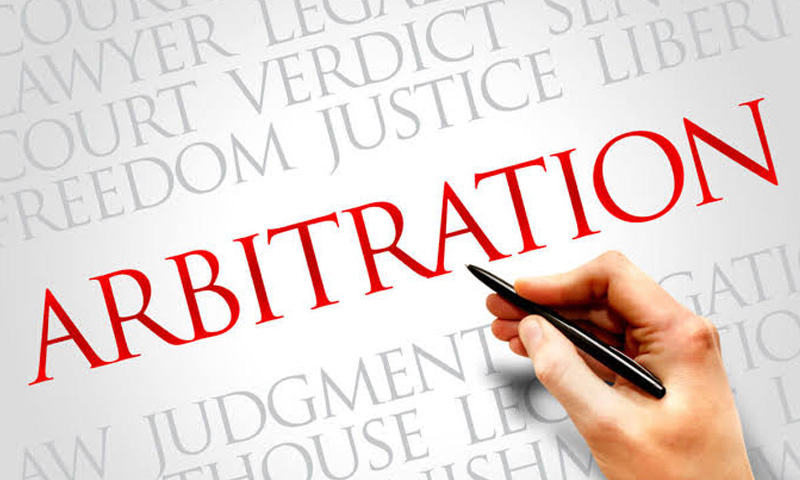
To Interfere Or Not To Interfere – The Section 11 Conundrum
Live LawThe Courts under Section 11 of the Arbitration and Conciliation Act, 1996, are empowered to intervene if the parties fail to agree on the appointment procedure or are unable to act upon the agreed appointment procedure. In a subsequent ruling in DLF Home Developers Limited -vs- Rajapura Homes Private Limited & Anr., the Supreme Court clarified that the Courts, in a Section 11 application, are not expected to act mechanically. Further in M/s Emaar India Ltd. -vs- Tarun Aggarwal Projects LLP & Anr., the apex court observed that the at the Section 11 stage, the Courts are at least required to hold preliminary inquiry / review and prima facie come to a conclusion as to whether the dispute fell within the scope of the arbitration agreement and whether the same was arbitrable in nature. To put it aptly in the eloquent words of Surya Kant, J. in DLF -vs- Rajapura, the Court, in a Section 11 application, ‘is not expected to act mechanically merely to deliver a purported dispute raised by an applicant at the doors of the chosen arbitrator’ and further held that ‘this exercise is not intended to usurp the tribunal’s jurisdiction but to streamline the arbitration process’. Conflicting High Court decisions Even though the Supreme Court has attempted to delineate uniform jurisprudence on judicial interference under Section 11 where claims are barred by limitation, the implementation, which mostly lies with High Courts, has not been uniform.
Discover Related
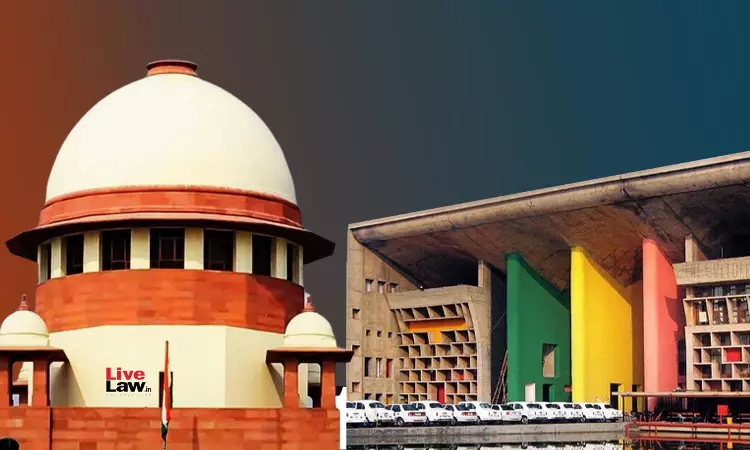

![[LARR Act, 2013] Court Cannot Condone Delay Beyond 120-Day Period In Appeal Against Award Of Compensation: Bombay High Court](https://www.livelaw.in/h-upload/2024/11/14/571161-justice-bp-colabawalla-justice-somasekhar-sundaresan-and-bombay-hc.jpg)
![Calcutta High Court Annual Digest: Part-II [Citations: 100-199]](https://www.livelaw.in/h-upload/2024/12/23/578091-calcutta-high-court-annual-digest-2024.jpg)
![Jammu & Kashmir And Ladakh High Court Annual Digest: Part II Citation [ 175 - 356]](https://www.livelaw.in/h-upload/2024/12/29/578797-1500x900577411-jammu-and-kashmir-high-court-annual-digest-2024.jpg)
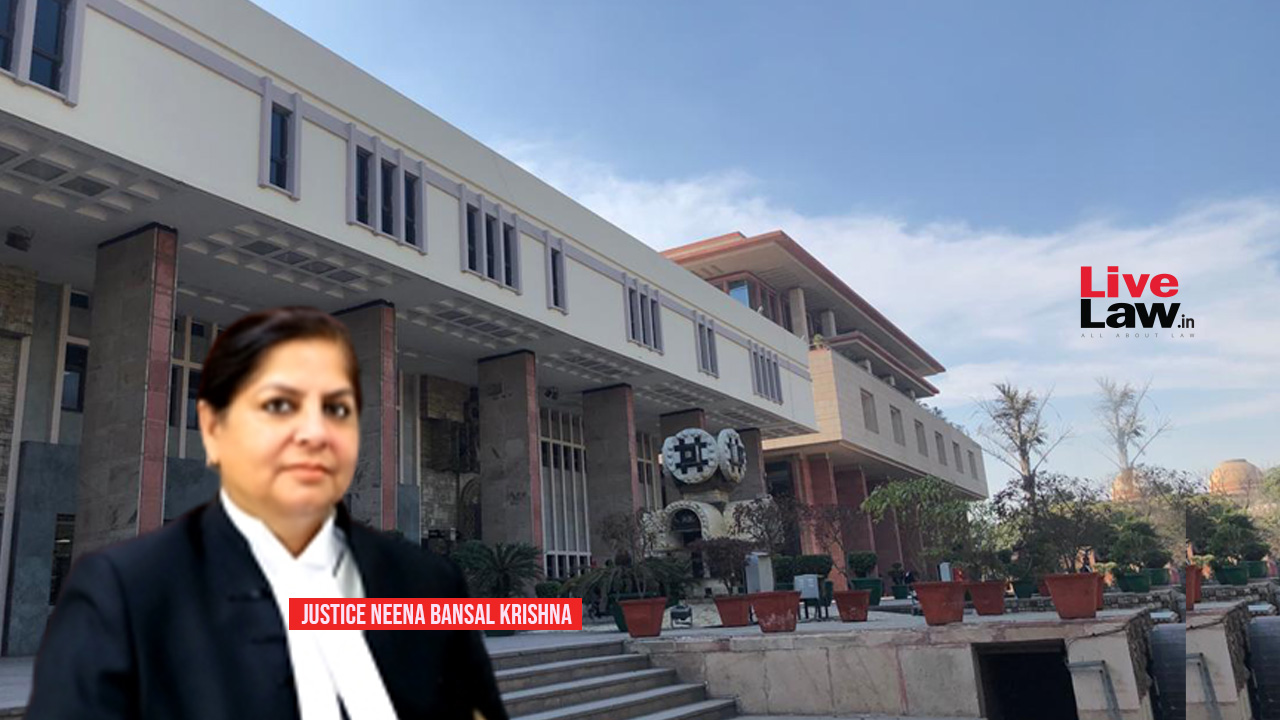
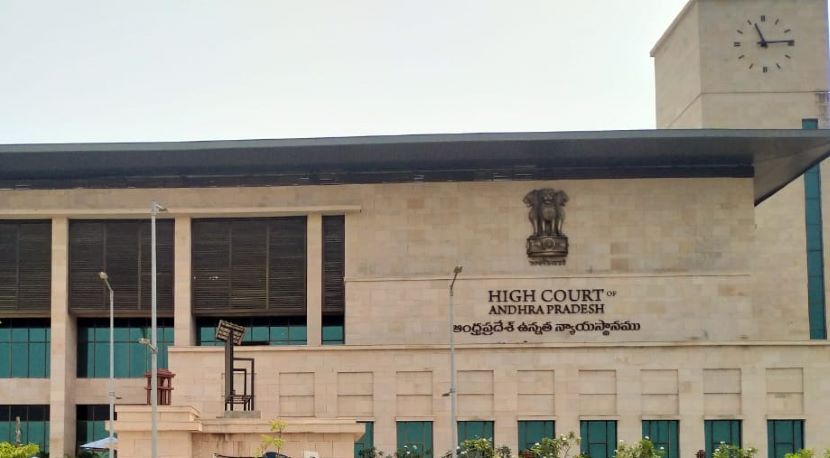
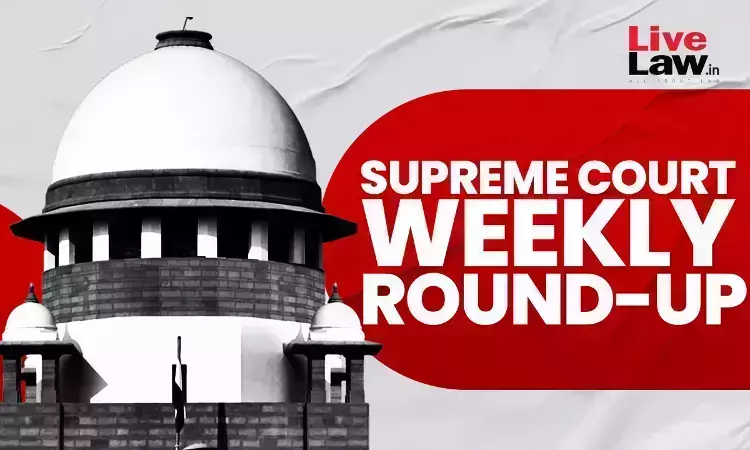
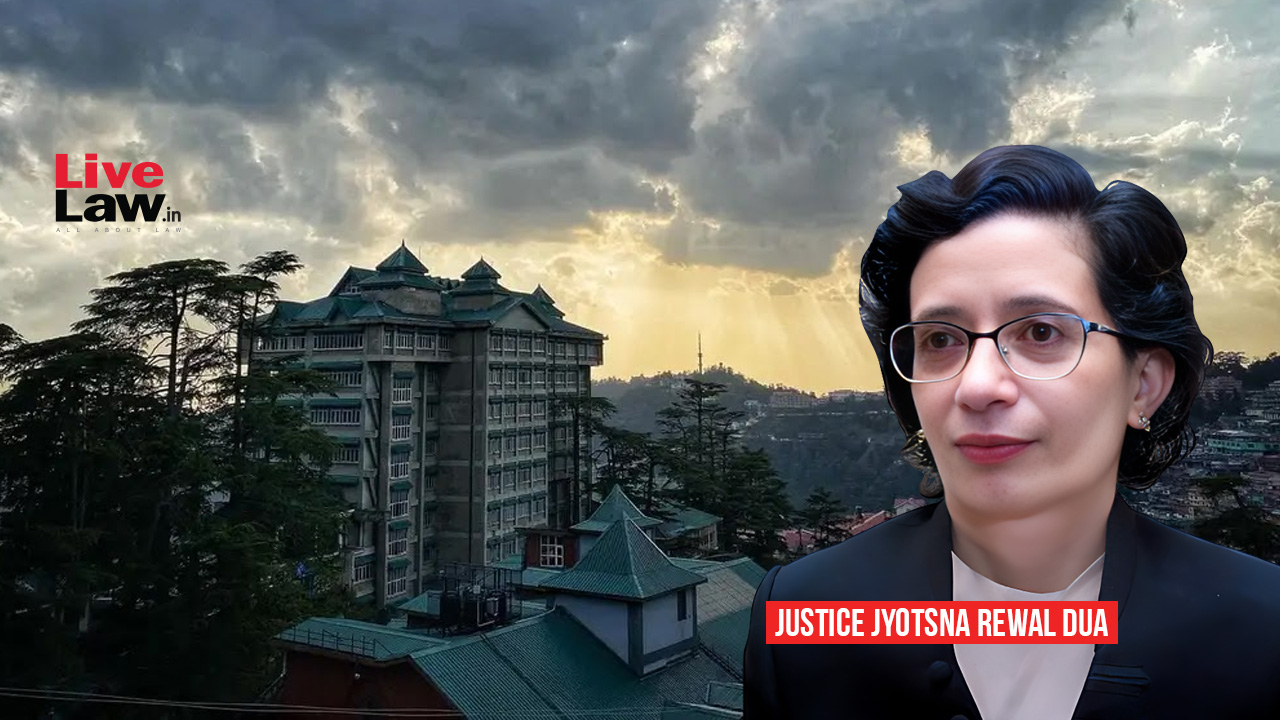
![Allahabad High Court Annual Digest 2024 [Part II]](https://www.livelaw.in/h-upload/2024/12/23/578086-allahabad-hc-annual-digest-2024.jpg)
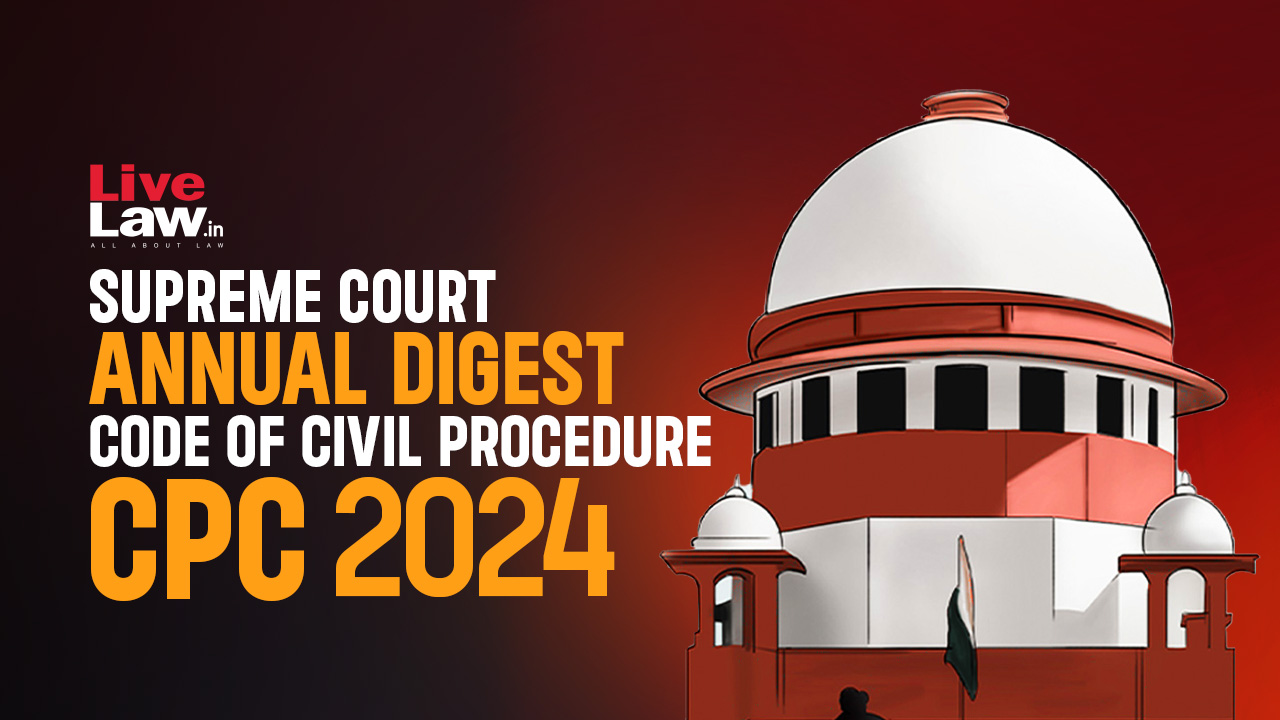
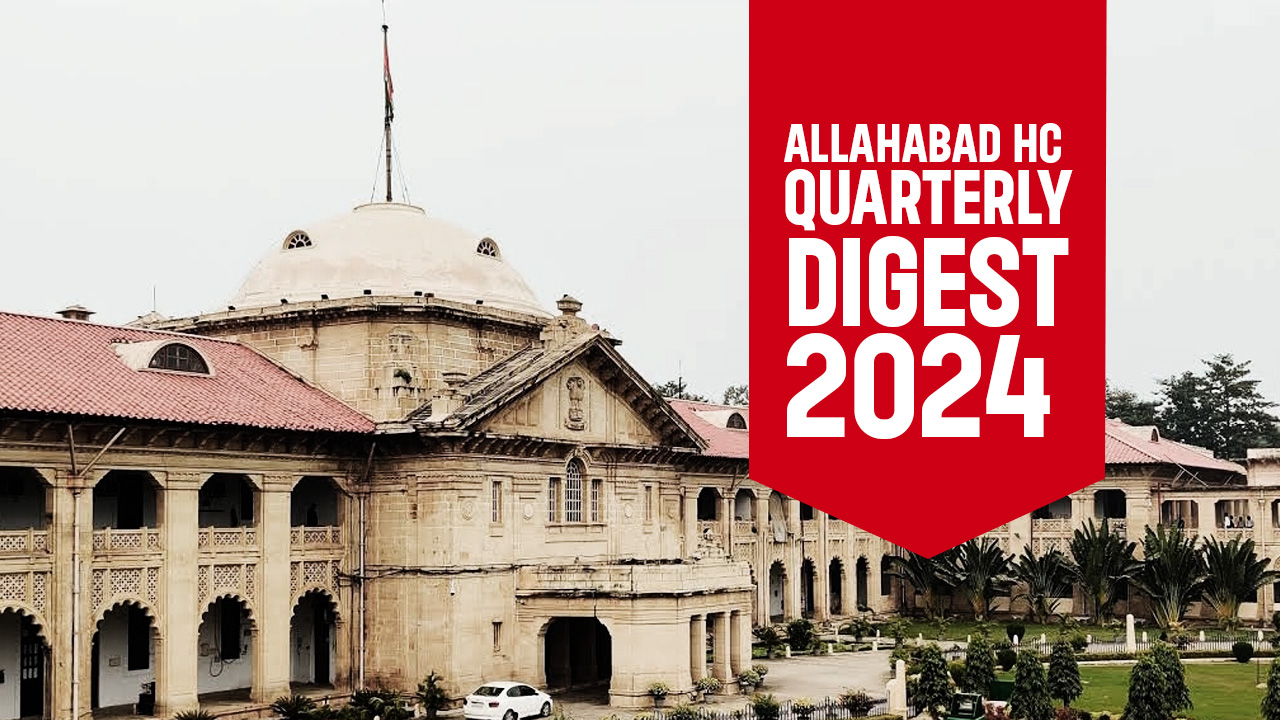
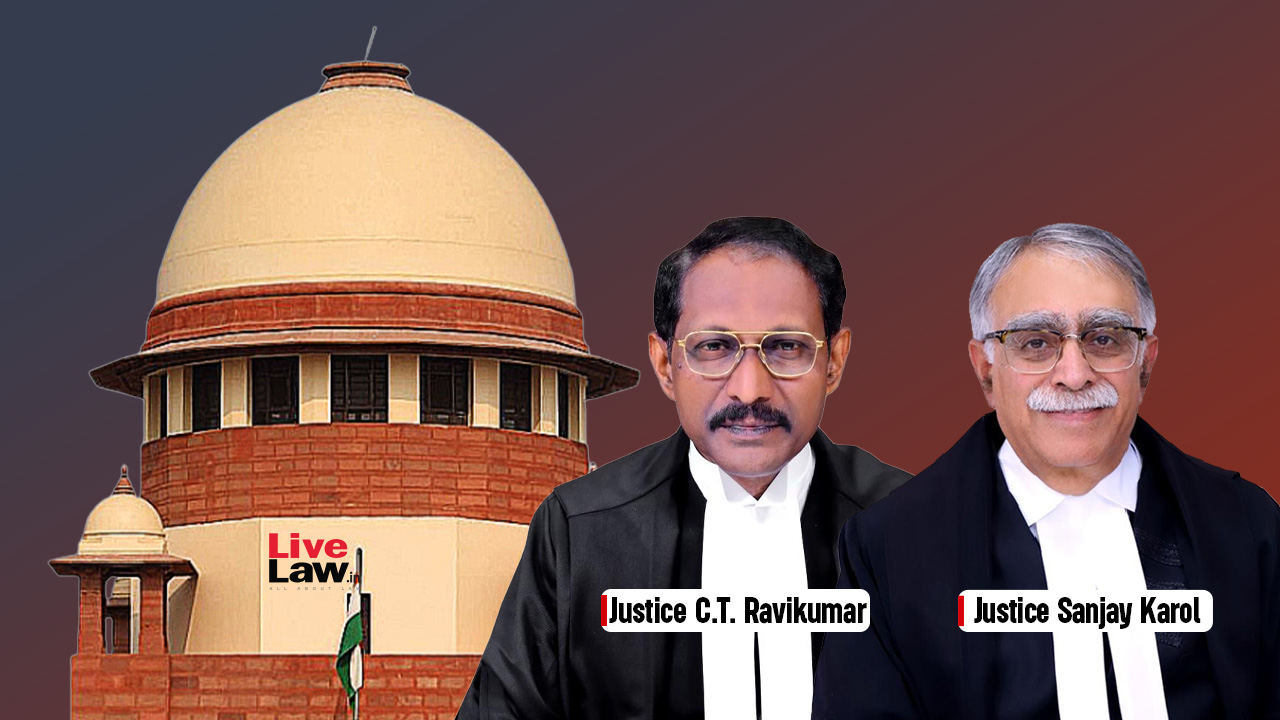

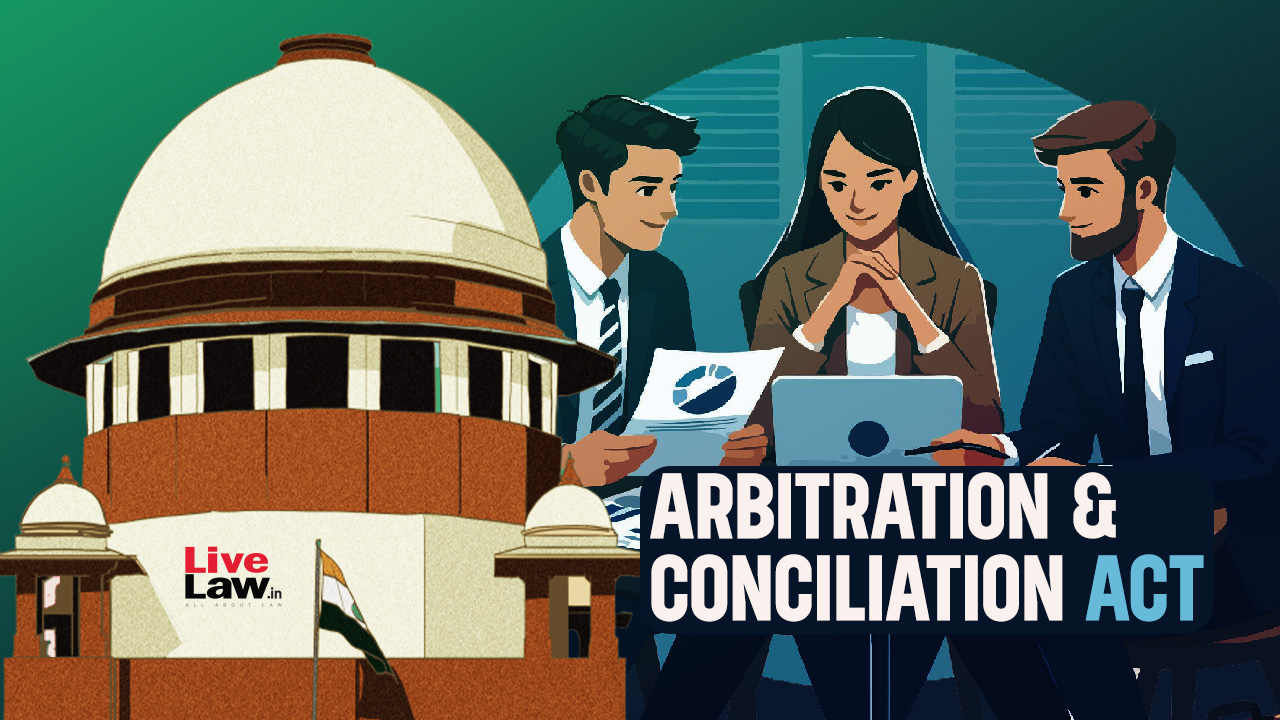
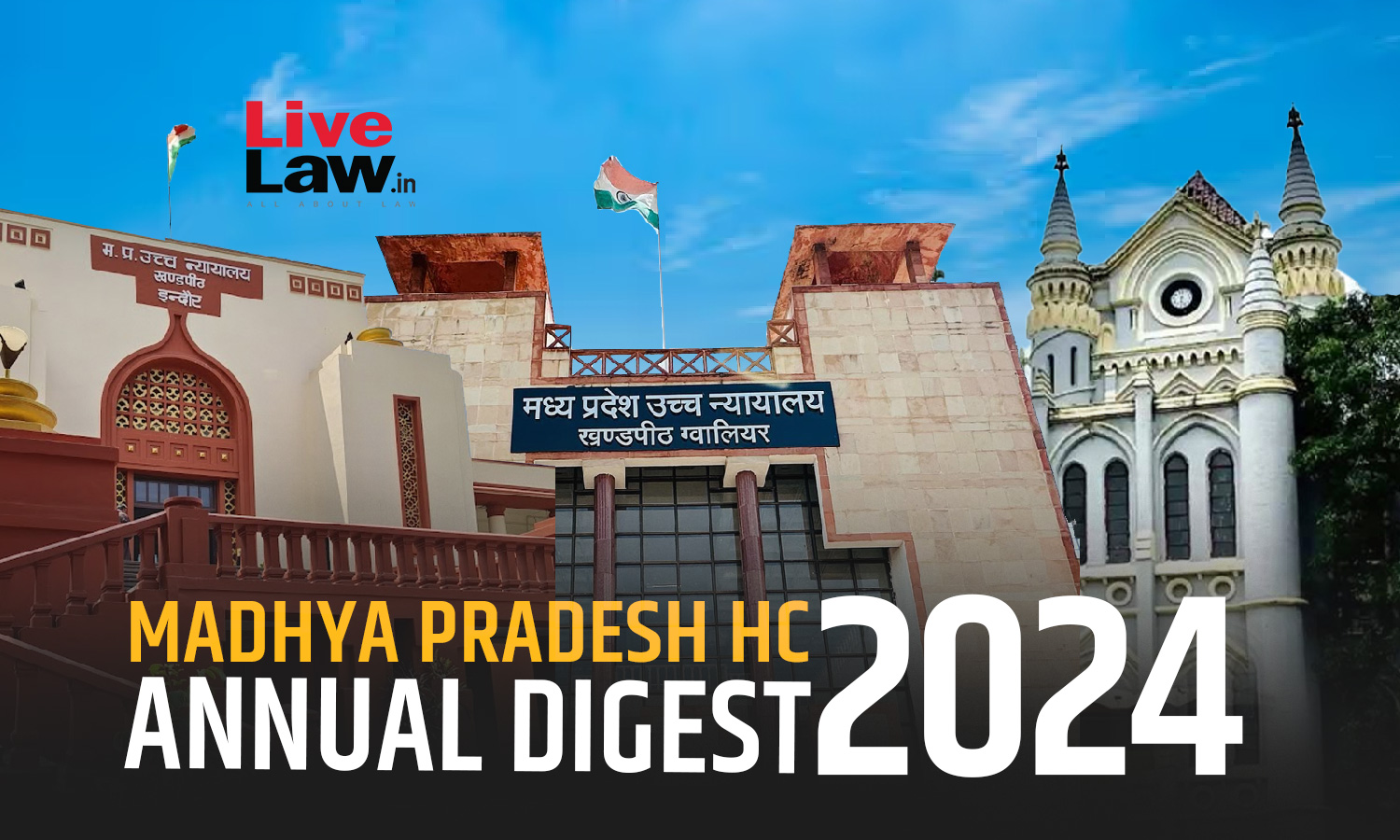
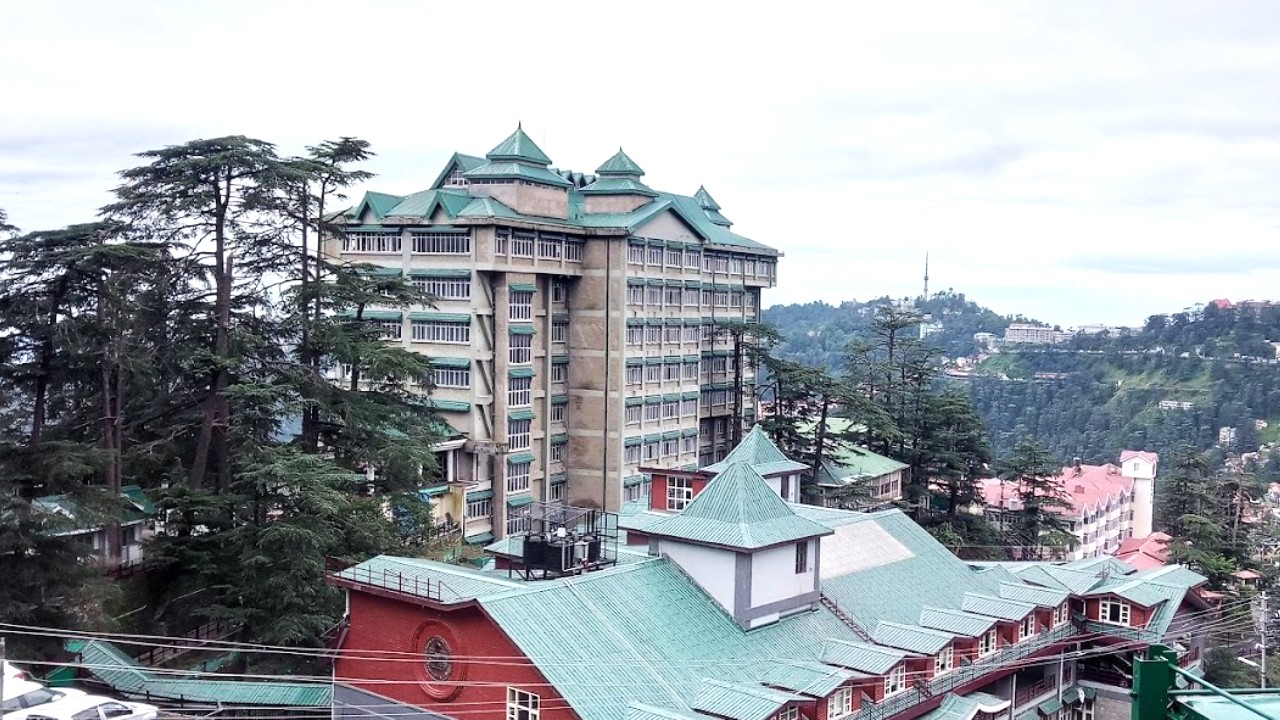

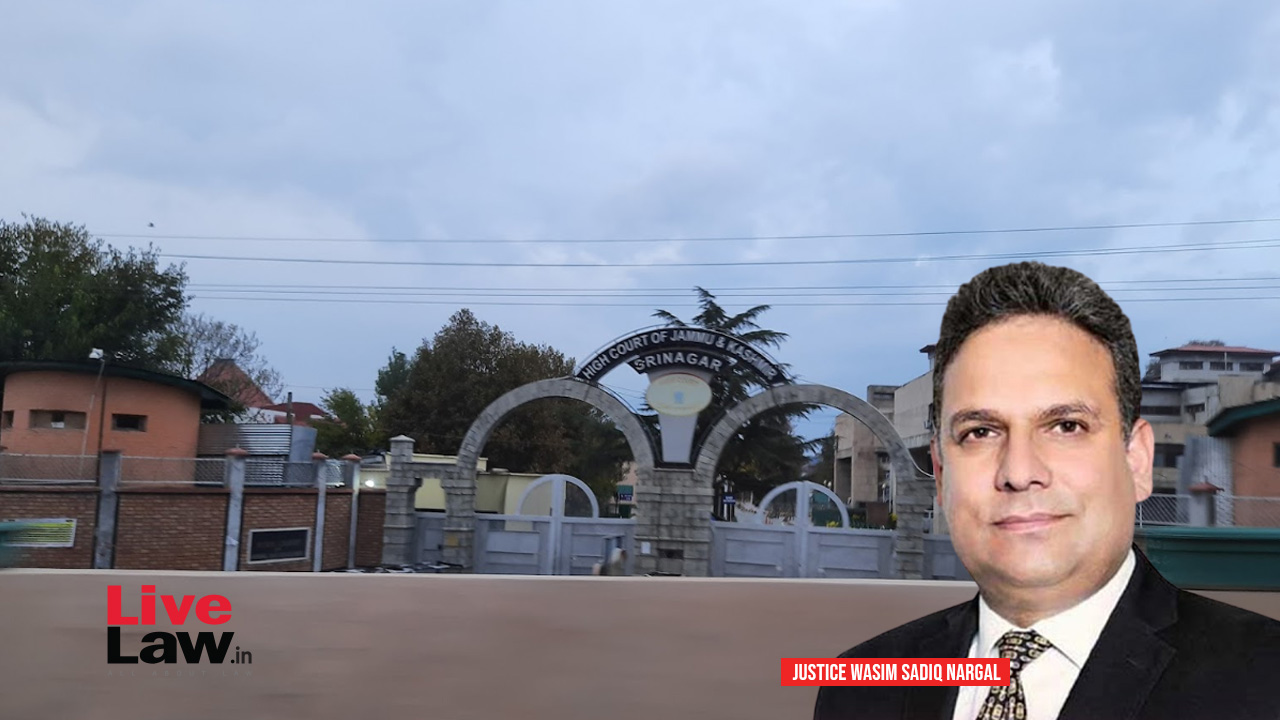
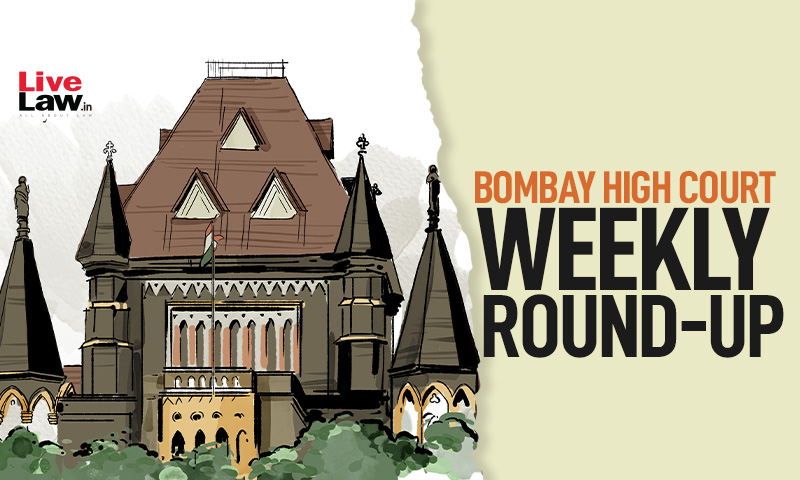
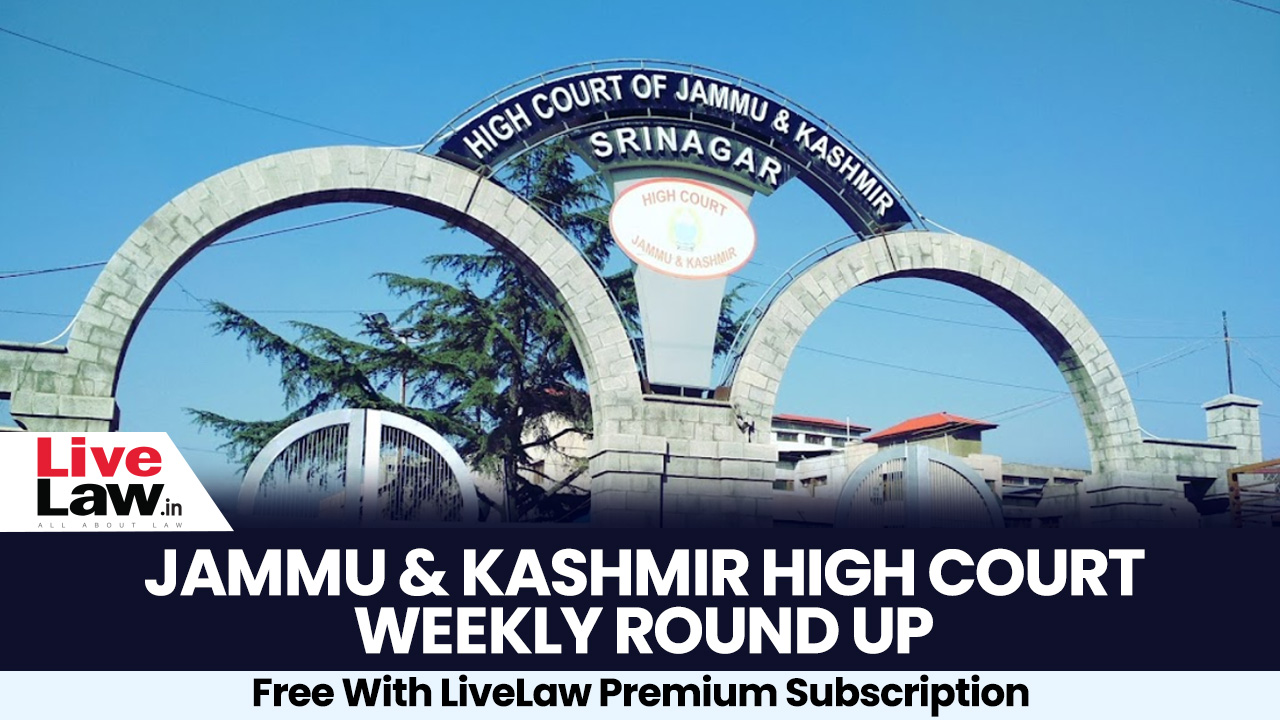
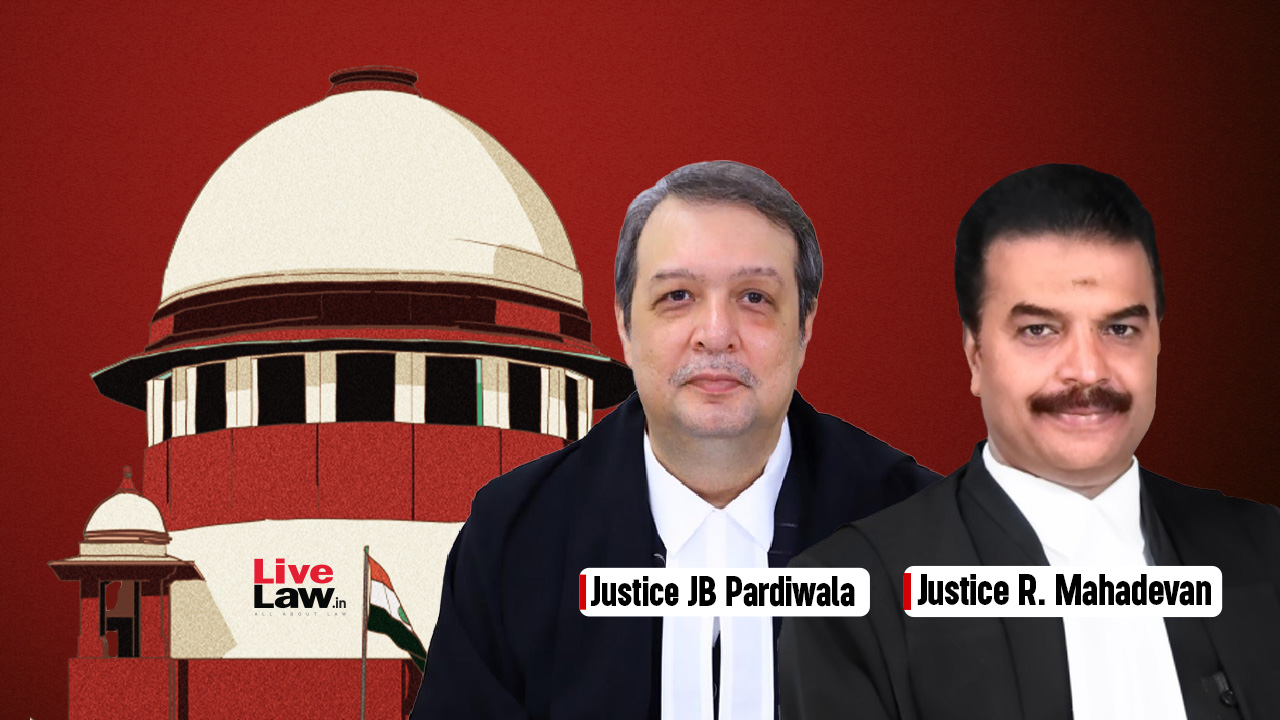

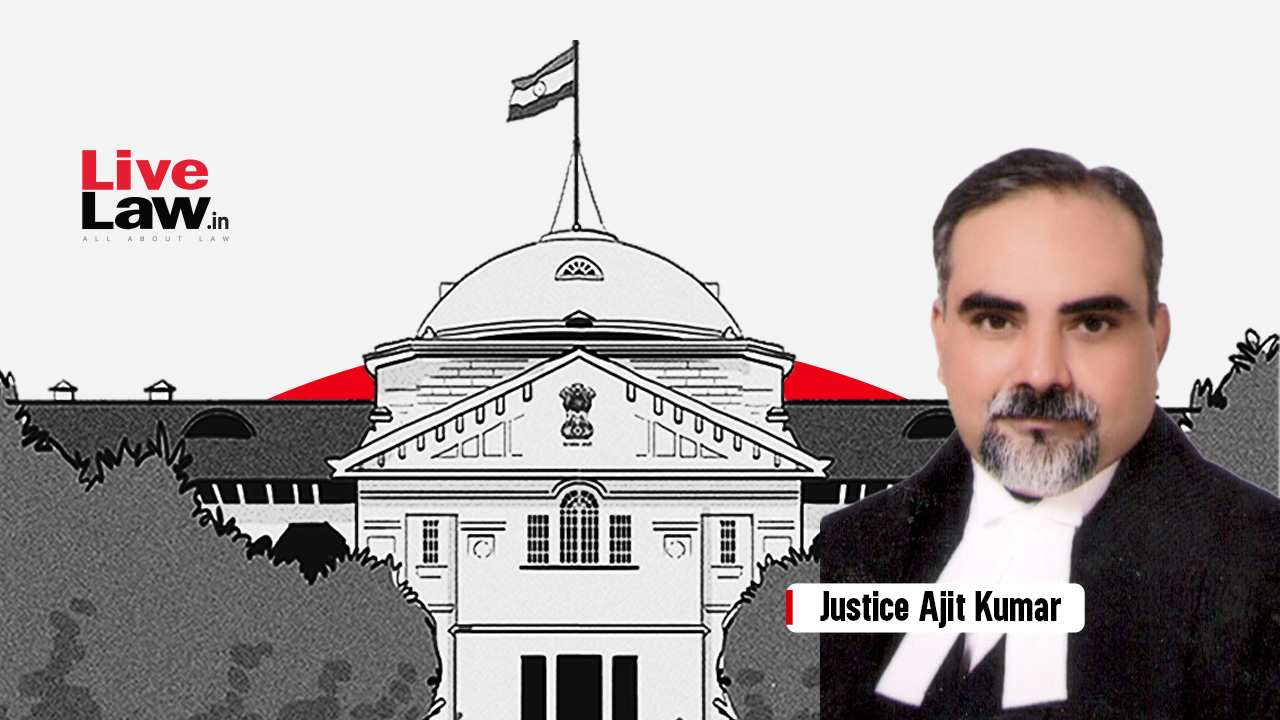

![100 Important Supreme Court Judgments- Part 3 [51 to 75]](https://www.livelaw.in/h-upload/2024/12/18/577189-100-important-judgments-of-2024-part-3.jpg)
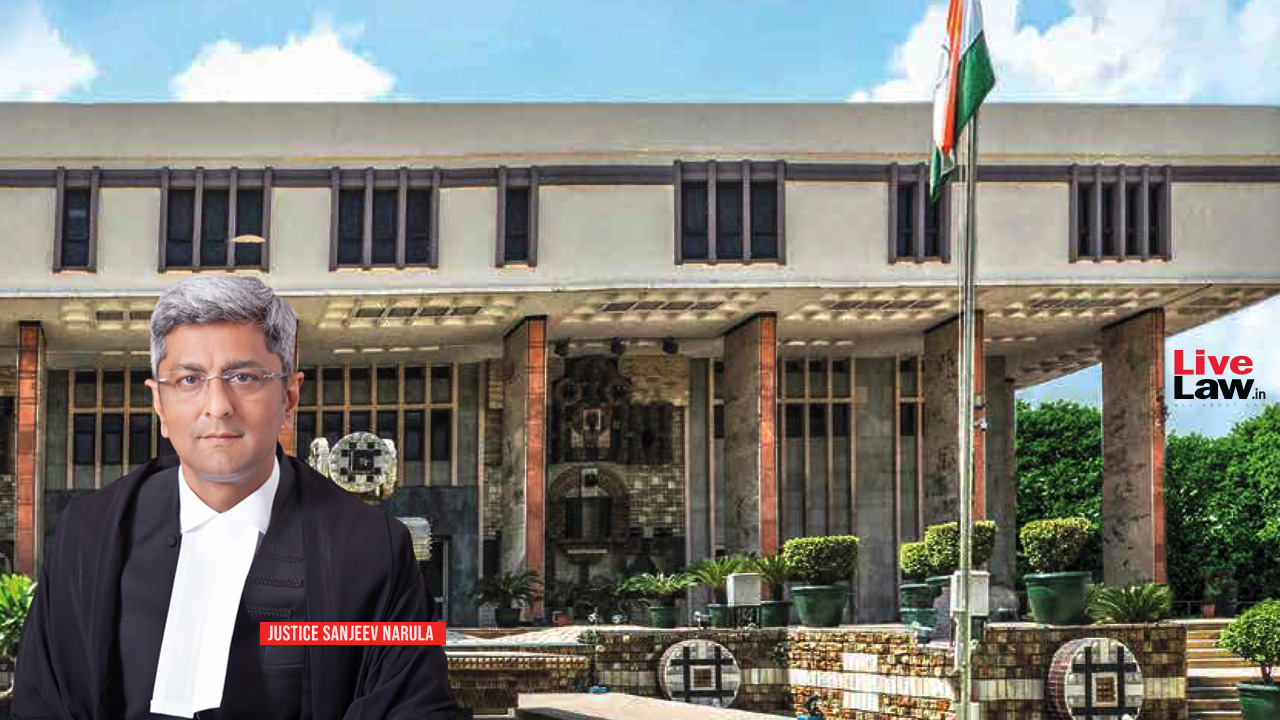
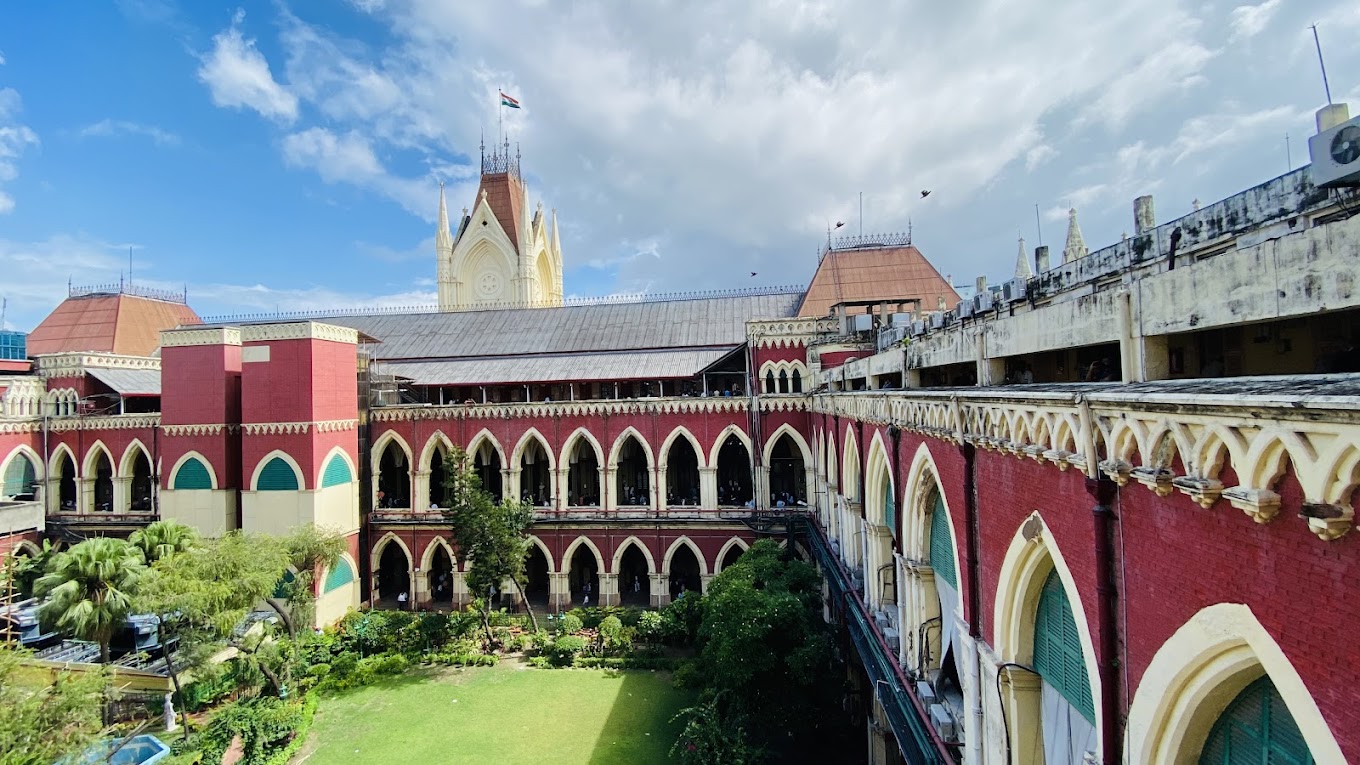

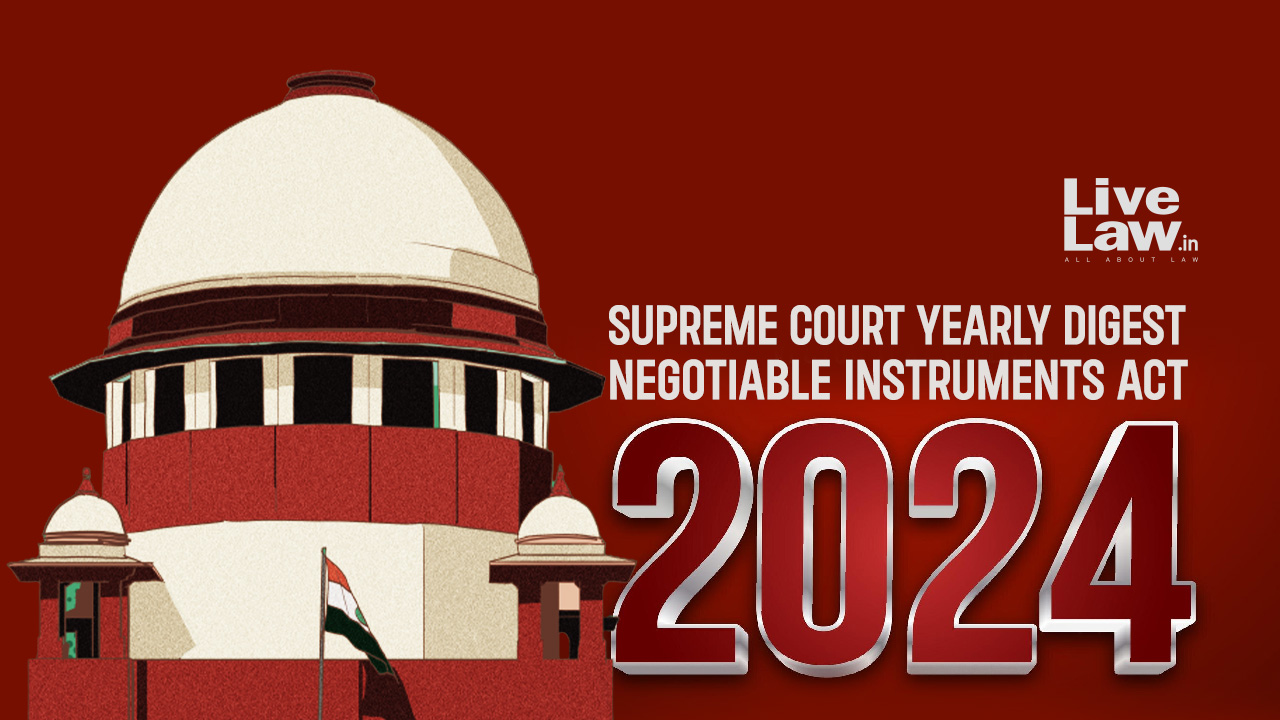
![Karnataka High Court Annual Digest 2024 [Part I]](https://www.livelaw.in/h-upload/2024/12/19/577398-karnataka-high-court-annual-digest-2024.jpg)

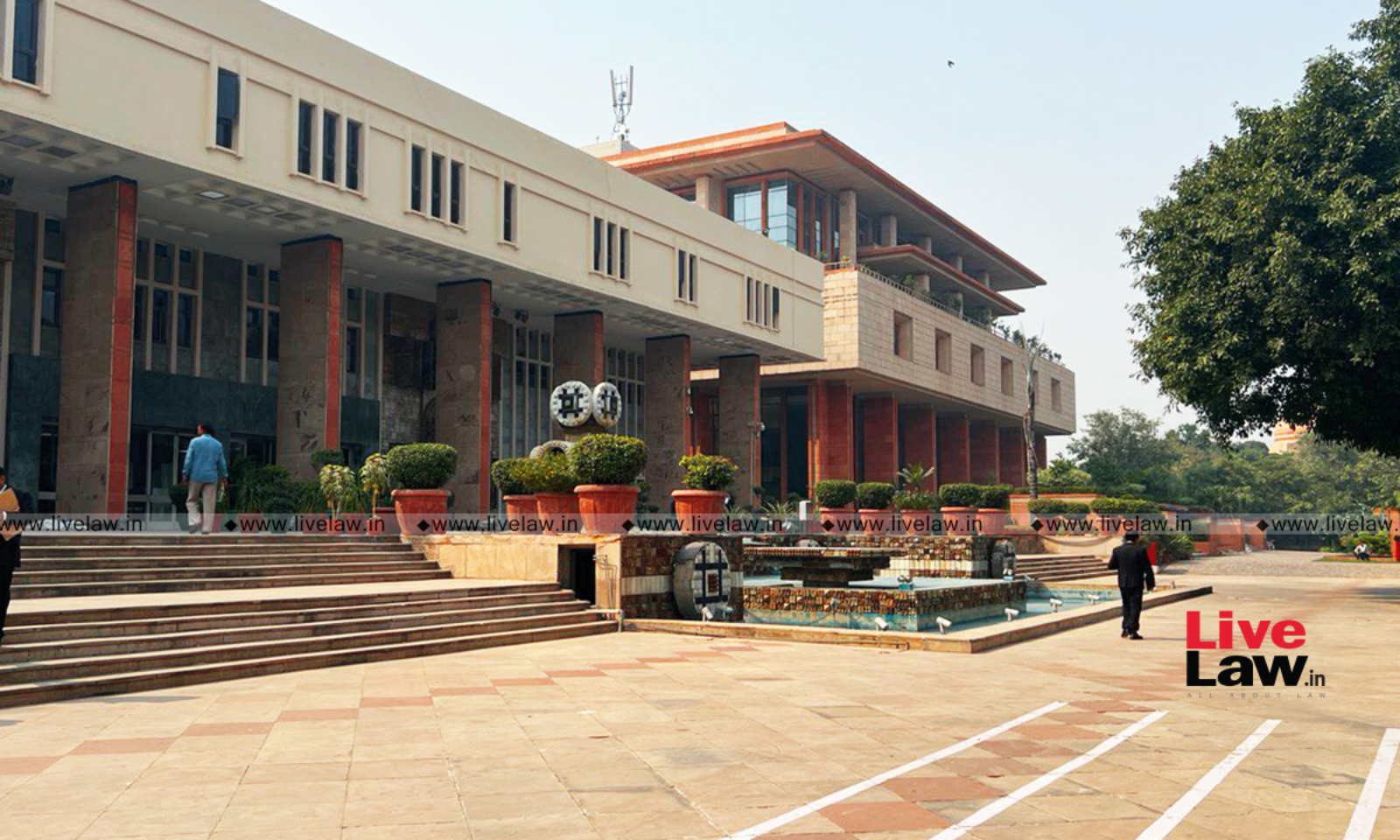
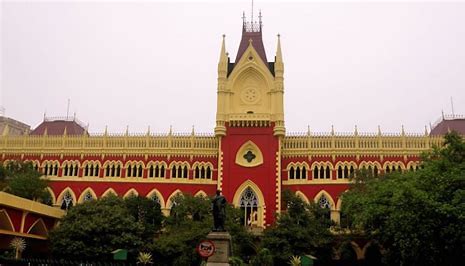

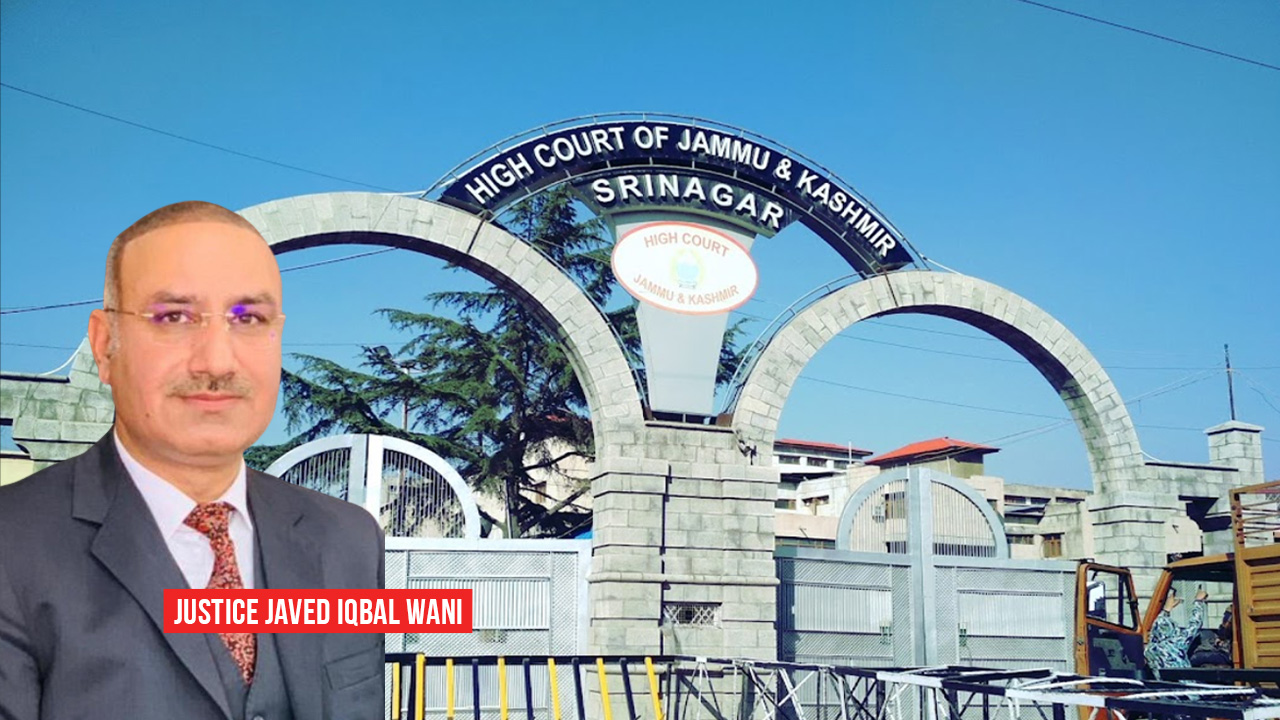
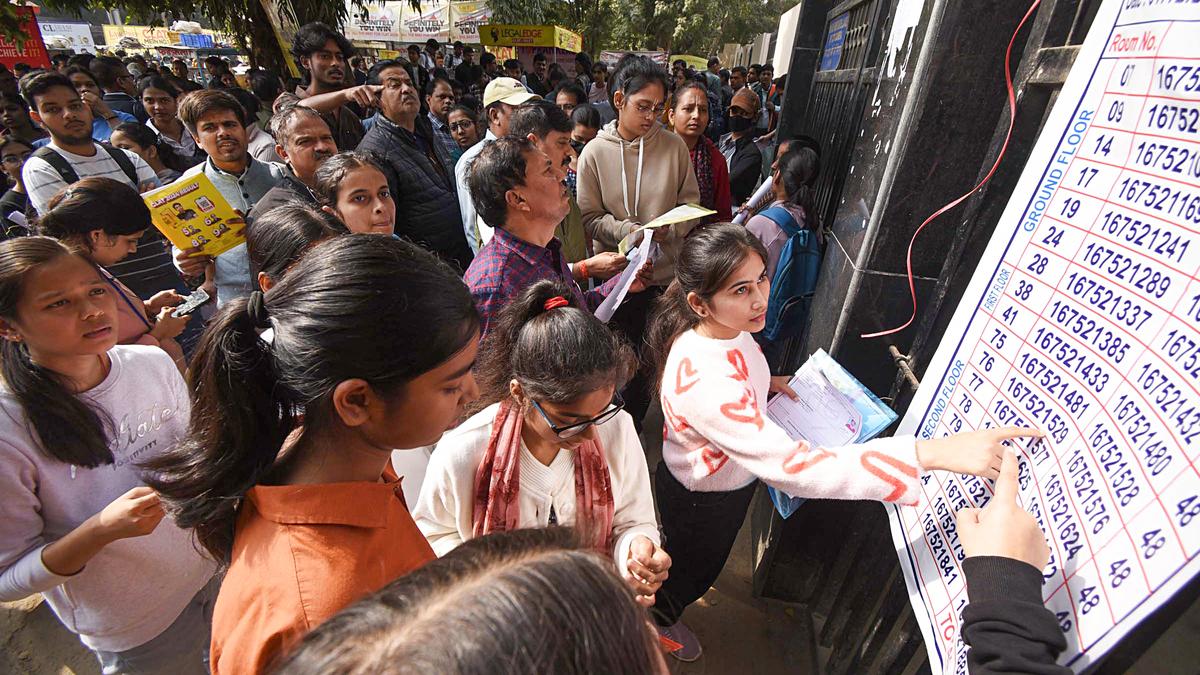
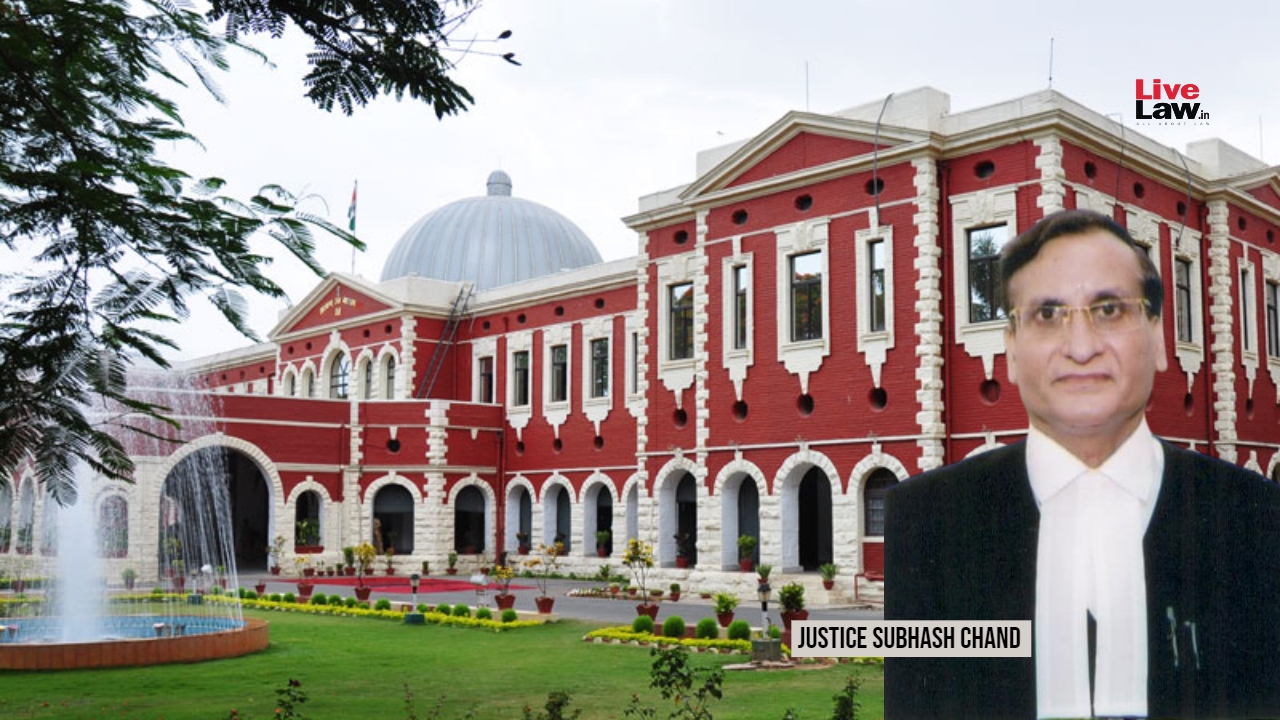
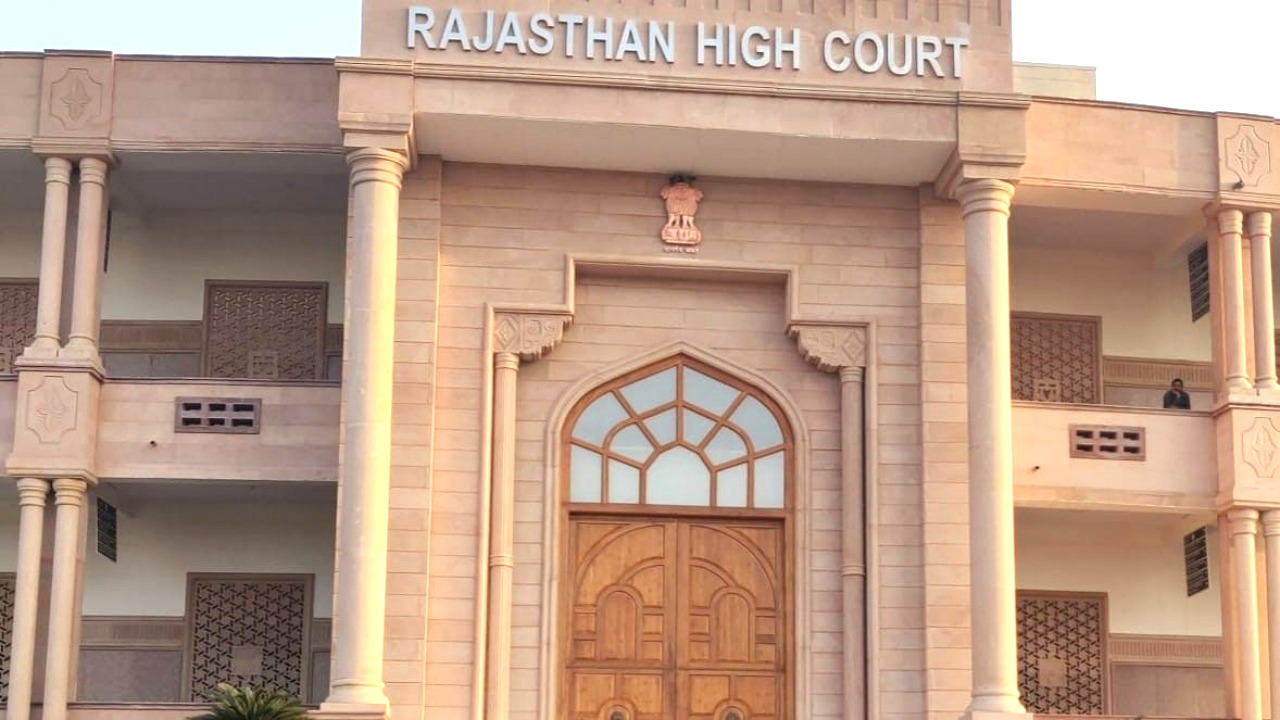
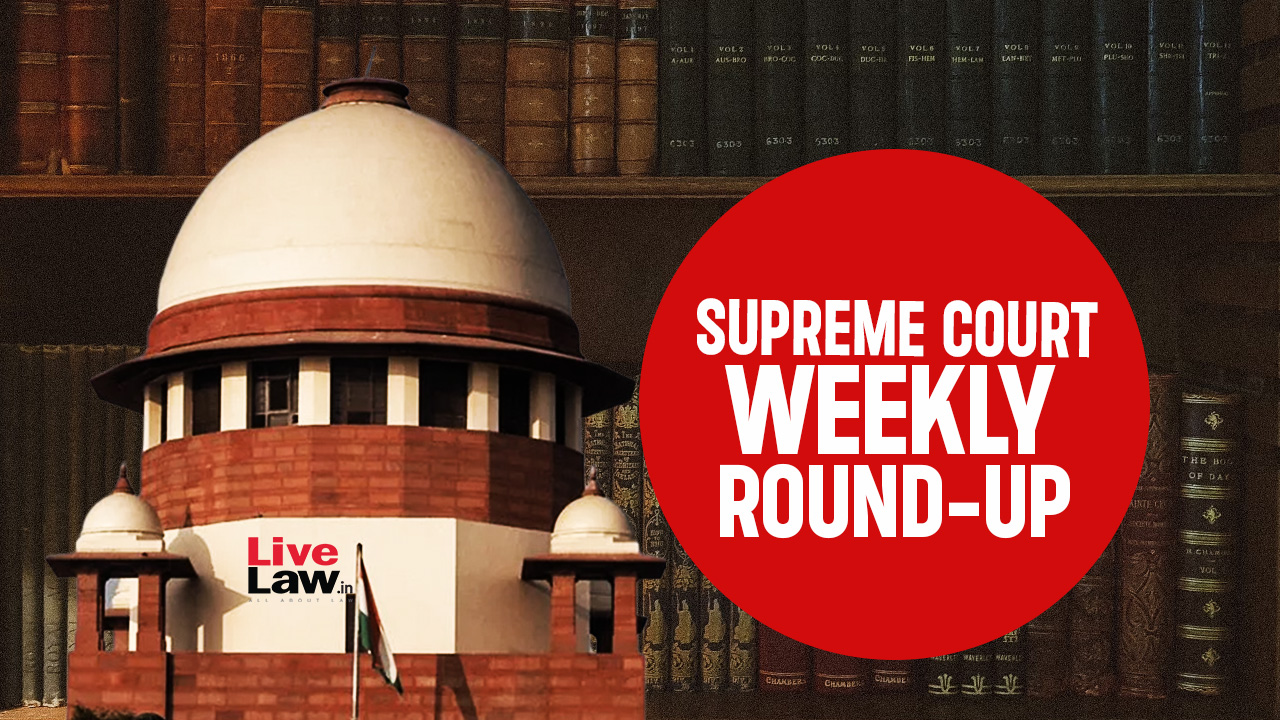

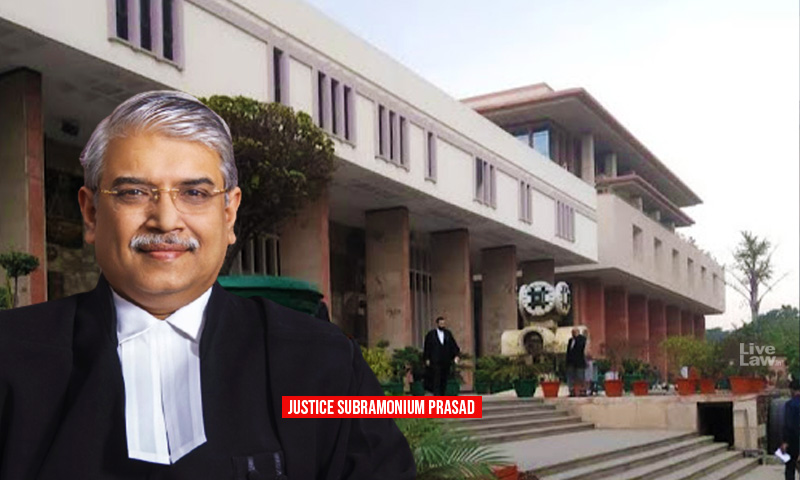
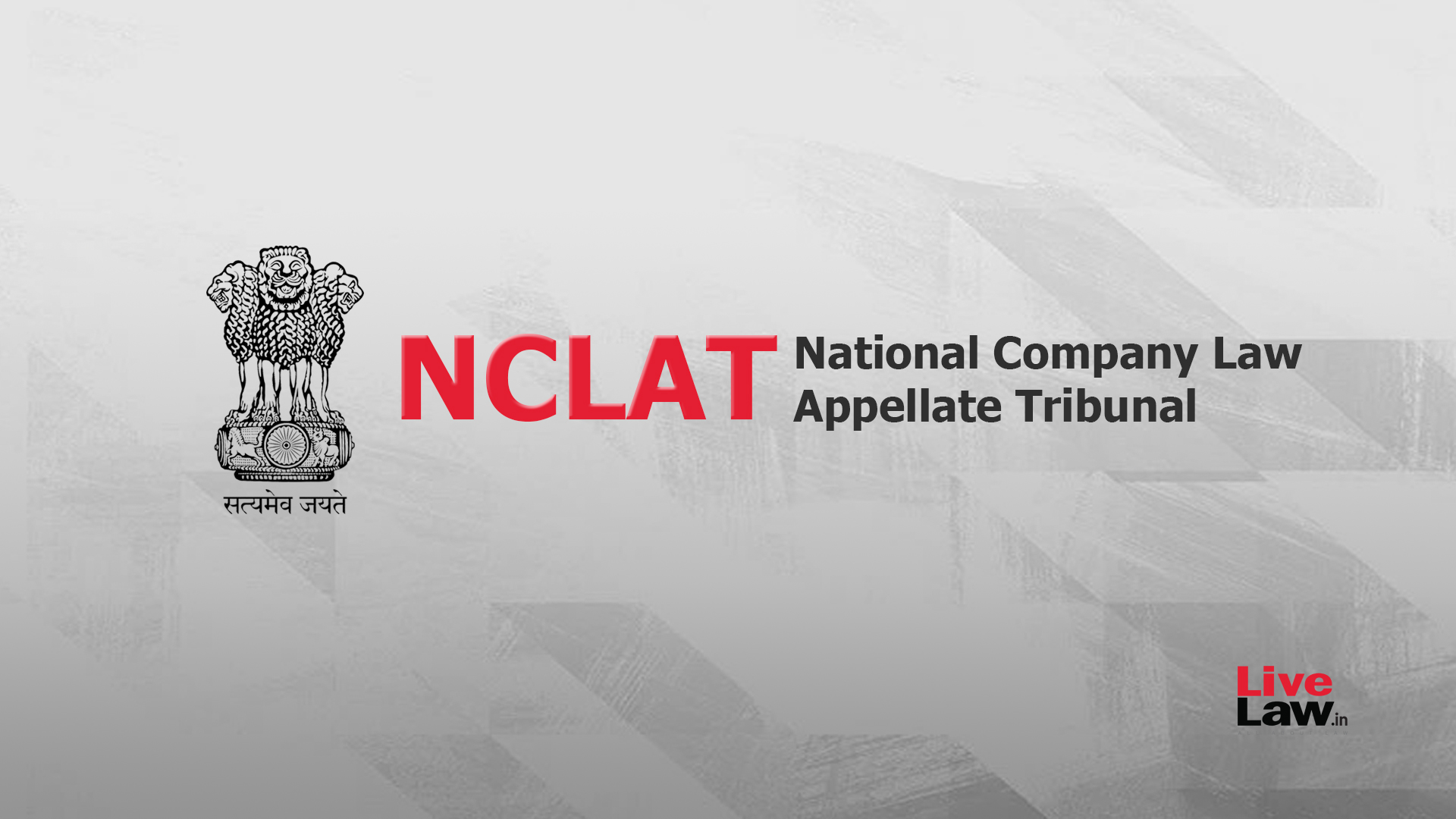
![100 Important Supreme Court Judgments Of 2024 - Part 2 [26-50]](https://www.livelaw.in/h-upload/2024/12/18/577182-100-important-judgments-of-2024-part-2.jpg)

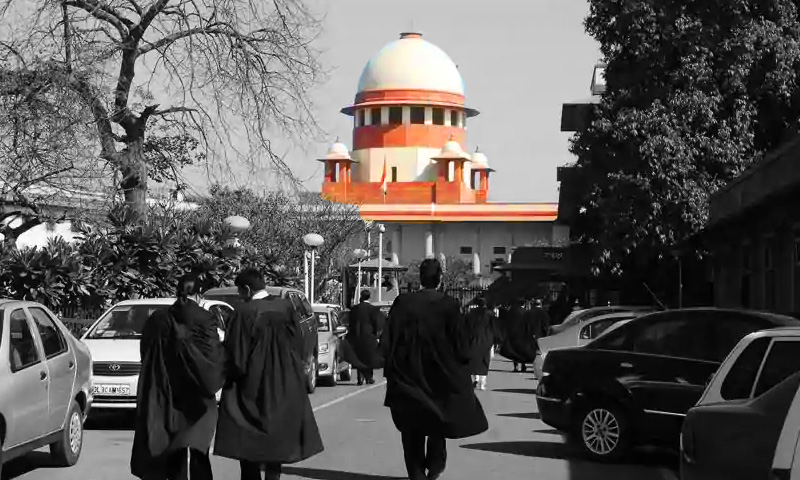
![Delhi High Court Monthly Digest: November 2024 [Citations 1193 - 1304]](https://www.livelaw.in/h-upload/2022/02/01/408682-delhi-high-court-monthly-digest.jpg)
